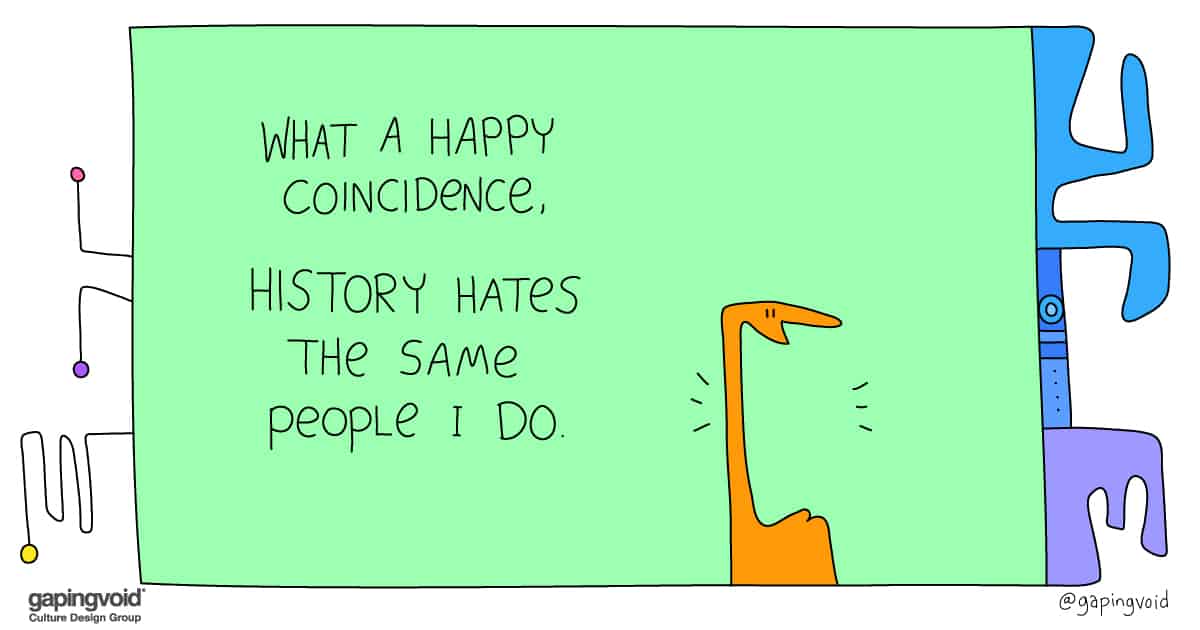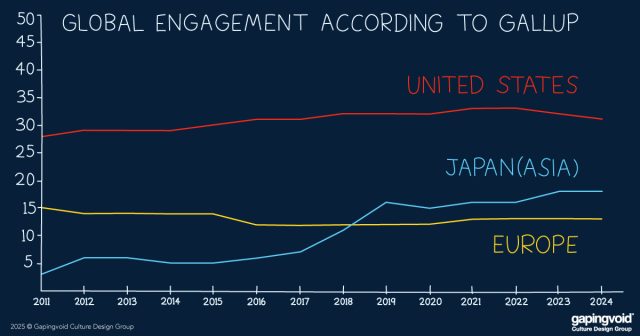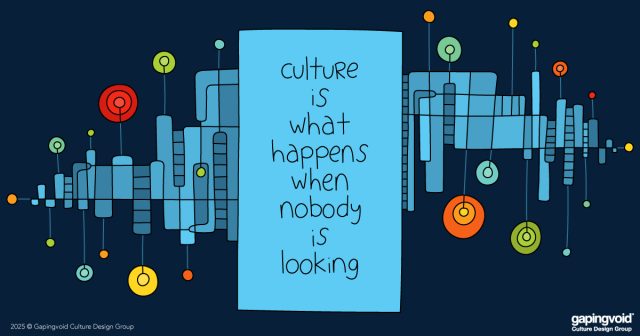
There’s probably a better word to describe these, but we call them “Wishful Thinks”.
i.e. Things we think are true for no other reason than we wish them to be true. Products of wishful thinking.
The business world is awash with “Wishful Thinks”. It’s often the main thing holding us back.
Good examples include:
-
That we fully understand our employee engagement based upon the last Glint/CultureAmp/Gallup/etc. assessment.
-
That companies are in all ways as productive working from home as they are at expensive downtown offices.
-
That your employees actually understand your strategy.
-
That everyone around you cares as much as you do about the business.
You get the picture.
Wishful Thinks are dangerous. They lull us into the belief that the problem is solved, we are moving forward, just to learn that the problem persists. This is especially true when it addresses policy and big-picture strategy.
We make assumptions that people know what we know believe what we believe, and we wind up with efforts that do not stick because they are not built on reality.
This is precisely why one of our greatest challenges is objectivity. To lead well, we must build a method for reliable sanity checks, have mental models that lead us to better answers, and focus on building upon truth, not convenience.
Omnia vanitas.




companies are in all ways as productive,people are productive form ofc, good content.